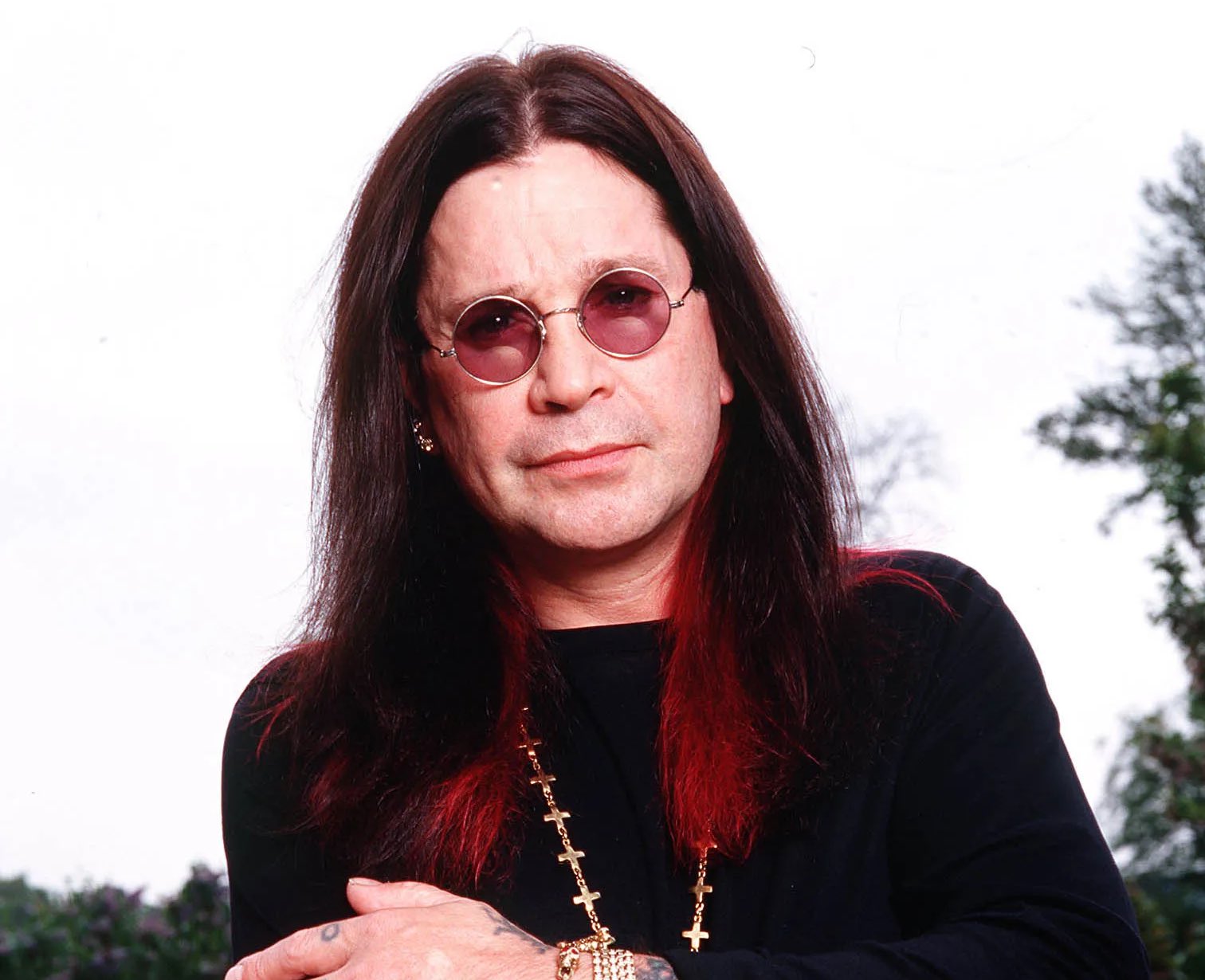
Ozzy Osbourne, the legendary frontman of Black Sabbath and one of the most influential figures in the history of rock and heavy metal, has passed away at the age of 76. Known for his electrifying stage presence, controversial antics, and unmistakable voice, Osbourne’s death marks the end of an era that redefined music and popular culture for generations.
Born John Michael Osbourne on December 3, 1948, in Birmingham, England, Ozzy grew up in a working-class family and faced numerous challenges in his youth, including dyslexia and economic hardship. These early struggles would shape his defiant and rebellious spirit, one that would later manifest in the explosive sound and energy of his music. In 1969, he co-founded Black Sabbath, a band that is widely credited with pioneering the heavy metal genre. Alongside guitarist Tony Iommi, bassist Geezer Butler, and drummer Bill Ward, Osbourne’s dark, haunting vocals became the soul of the band’s chilling and provocative sound.
With albums like Paranoid, Master of Reality, and Black Sabbath, the band quickly gained notoriety for their doom-laden riffs and lyrics that explored themes of war, mental illness, and the occult. Black Sabbath’s music resonated with a generation disillusioned by societal unrest and searching for a voice that acknowledged their struggles. Osbourne’s distinctive vocal style and unpredictable persona made him a standout figure in the group, as well as a lightning rod for controversy.
After being fired from Black Sabbath in 1979 due to substance abuse issues, Osbourne embarked on a solo career that would prove just as influential as his time with the band. With the release of his debut solo album Blizzard of Ozz, which featured the iconic track “Crazy Train,” Osbourne reestablished himself as a dominant force in the rock world. Over the next several decades, he released numerous successful albums and continued to tour the globe, building a dedicated fanbase that transcended generations.
Osbourne’s life was often a public spectacle. His struggles with addiction were well-documented, and his erratic behavior both shocked and fascinated fans and critics alike. From biting the head off a bat on stage to his turbulent reality TV show The Osbournes, he remained a magnetic figure in popular culture, equal parts shocking and endearing. Despite his demons, Ozzy often displayed a deep sense of humor and humility, endearing him to fans even as he battled personal turmoil.
In his later years, Osbourne spoke openly about his declining health, including a diagnosis of Parkinson’s disease in 2020. Despite his condition, he remained active creatively, releasing new music and making appearances when possible. His resilience and passion for music never waned, and he expressed a strong desire to return to the stage, even as his body struggled to keep up.
Ozzy Osbourne’s influence on music cannot be overstated. He helped create a genre, inspired countless artists, and built a legacy that extended far beyond his work with Black Sabbath. He was inducted into the Rock and Roll Hall of Fame with Black Sabbath in 2006, and received numerous accolades throughout his life, including a Grammy Lifetime Achievement Award.
He is survived by his wife Sharon Osbourne, their children Aimee, Kelly, and Jack, and several grandchildren. The Osbourne family has requested privacy during this time, and fans around the world are mourning the loss of a true icon. Tributes have poured in from fellow musicians, celebrities, and fans, many of whom credit Ozzy with changing the course of their lives and careers.
Ozzy Osbourne was more than just a rock star—he was a symbol of rebellion, a survivor, and an enduring voice of a movement that challenged norms and gave a voice to the outcast. Though he has left the stage for the final time, his music, legacy, and unmistakable spirit will live on forever.






